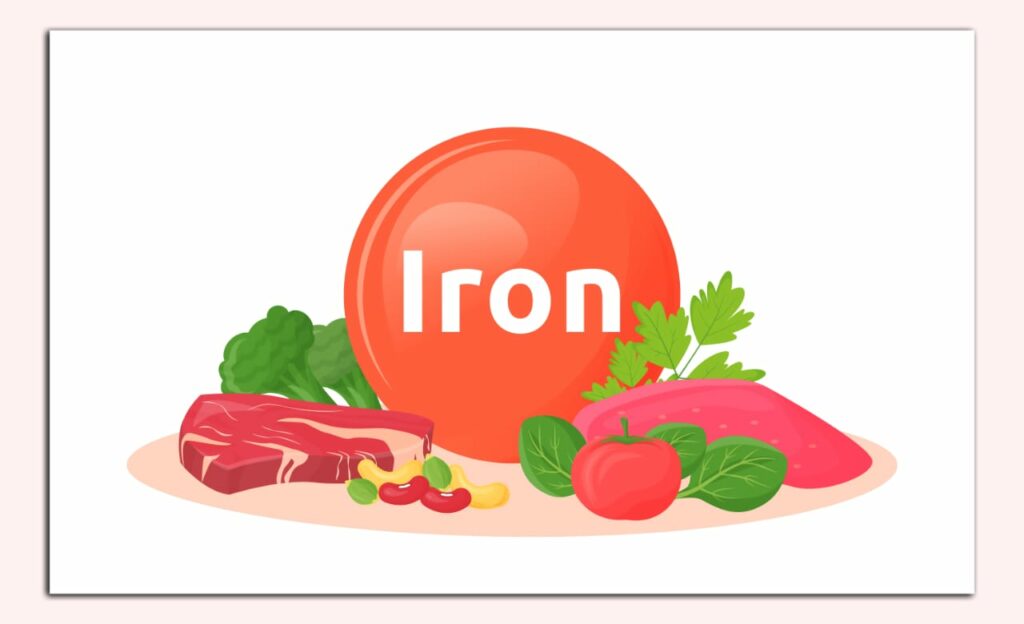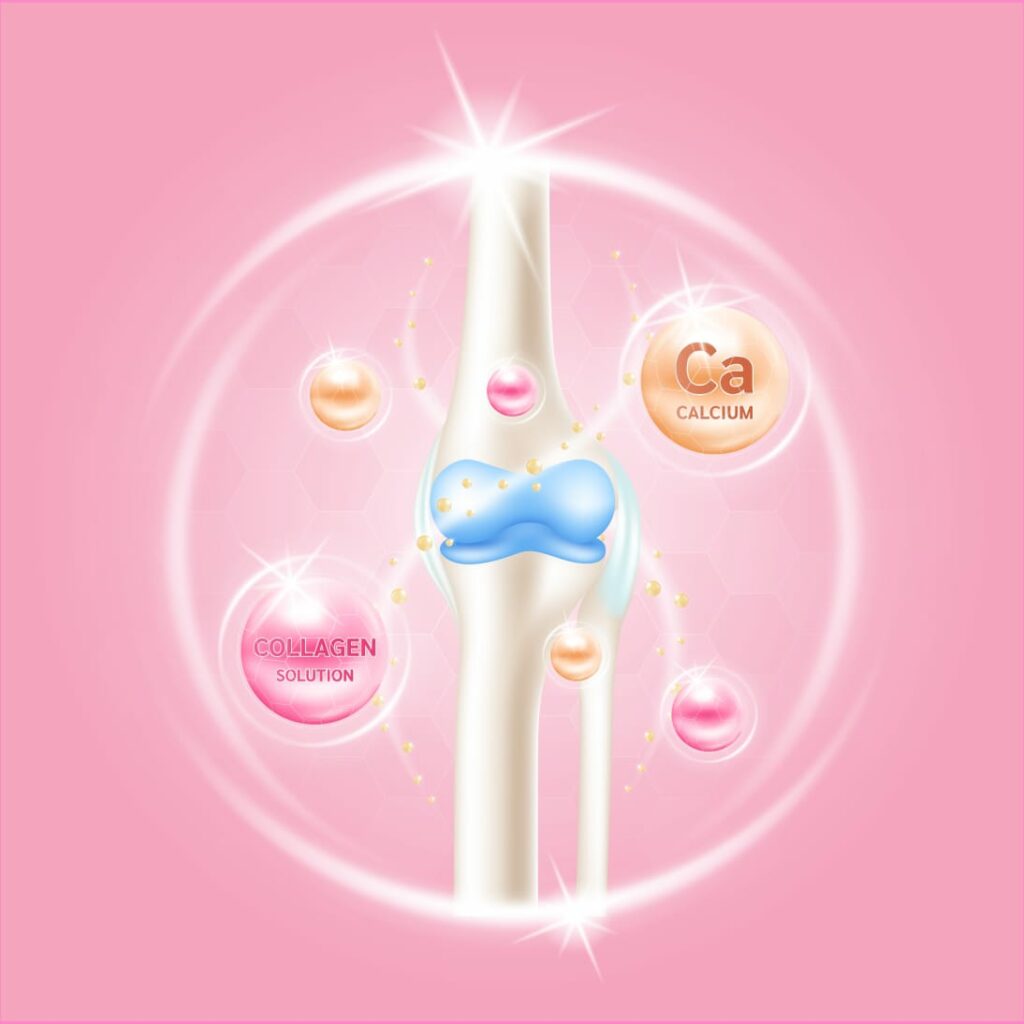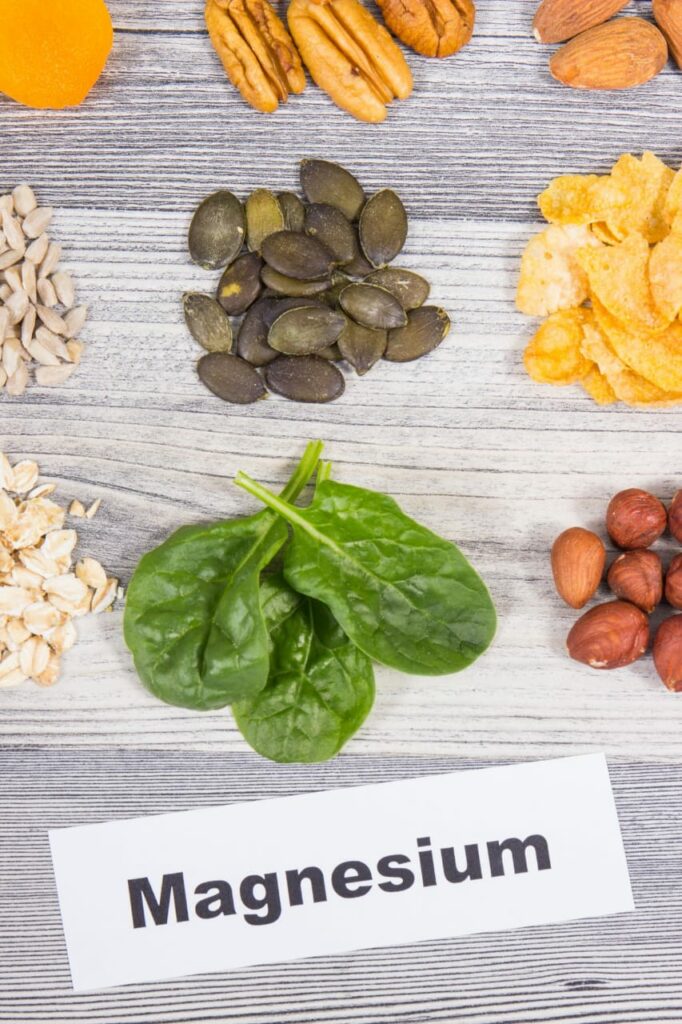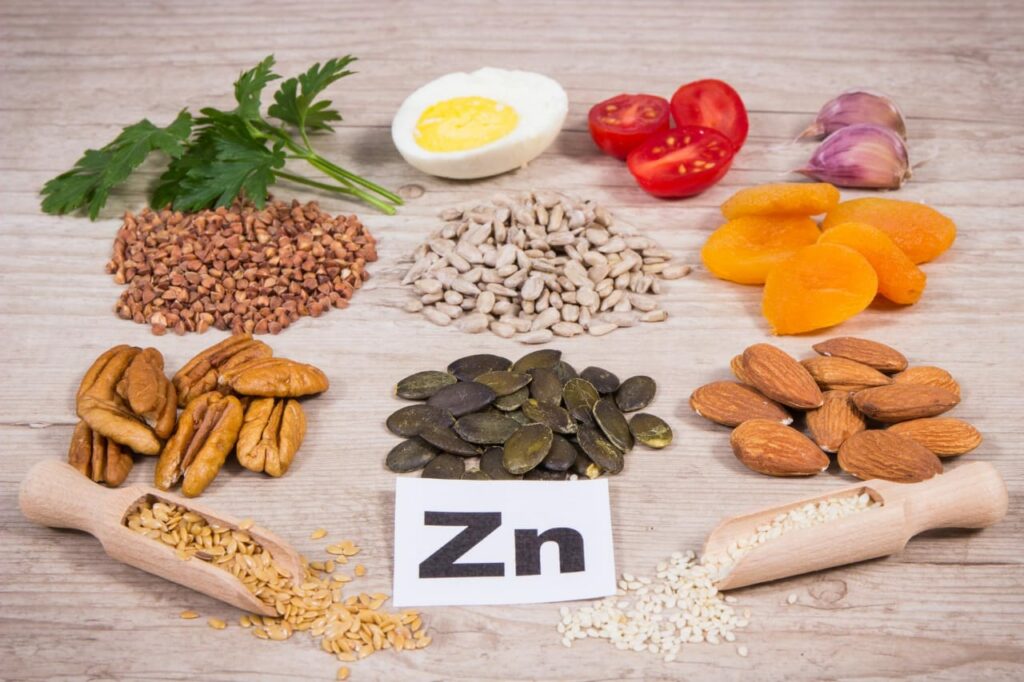
After the incredible journey of pregnancy and childbirth, your body needs time and resources to recover. Postnatal supplements can play a crucial role in this process, helping replenish nutrient stores and support overall health
Why are Postnatal Vitamins Important?
Pregnancy and childbirth can deplete several nutrients in your body, including folate, vitamin D, iron, fatty acids, selenium, and calcium. If you’re breastfeeding, your daily recommended doses of many nutrients are even higher than they were during pregnancy. Postnatal vitamins can help meet these increased nutrient demands, reducing the risk of nutrient deficiencies.
Essential Nutrients for Postnatal Recovery
1. Iron
Iron is crucial for replenishing the iron stores that are depleted during childbirth. It aids in the production of hemoglobin, a protein in red blood cells that carries oxygen throughout the body

2. Calcium
Calcium is essential for maintaining strong and healthy bones, which is particularly important during the postpartum period. Your body may lose calcium during breastfeeding, so it’s essential to ensure you’re getting enough through your diet and supplements. Calcium also plays a role in muscle function and nerve transmission.

3. DHA (Omega-3 Fatty Acid)
DHA, an omega-3 fatty acid, is essential for the brain and vision development of the baby. Infants of mothers with a high DHA concentration in their breast milk have been shown to have improved brain and vision development.
4. Magnesium
Magnesium is involved in hundreds of biochemical reactions in the body, including muscle relaxation, energy production, and bone health. During the postpartum period, your magnesium needs may increase, so supplementation can help support your overall well-being.

5. Vitamin D
Vitamin D is essential for bone health and immune function. It’s also important for the absorption of calcium and phosphorus, two minerals that are crucial for the development of the baby’s bones.
6. Folate, B6, and B12
These B vitamins are key to helping your body produce feel-good neurotransmitters like serotonin, dopamine, and norepinephrine. They’re especially important during the postpartum period, a time when many women are at risk for postpartum depression.
7. Zinc
Zinc is a trace element that is essential for the immune system, wound healing, and DNA synthesis4. It’s also crucial for the growth and development of the baby.

8. Fiber-Rich Carbs
Carbohydrates are necessary for new moms — not just for breast milk production, but also for mental health, hormone regulation and more. Fiber-rich carbs can help keep you full and satisfied, while also supporting a healthy digestive system.
9. Healthy Fats
Healthy fats, like those found in avocados, nuts, and seeds, are essential for hormone production and can provide a sustained source of energy.

Conclusion
The postnatal period is a time of immense change and recovery. By focusing on these essential nutrients, you can support your body’s healing process, boost your energy levels, and provide the best possible nutrition for your baby. As always, it’s important to consult with a healthcare professional for personalized advice.


